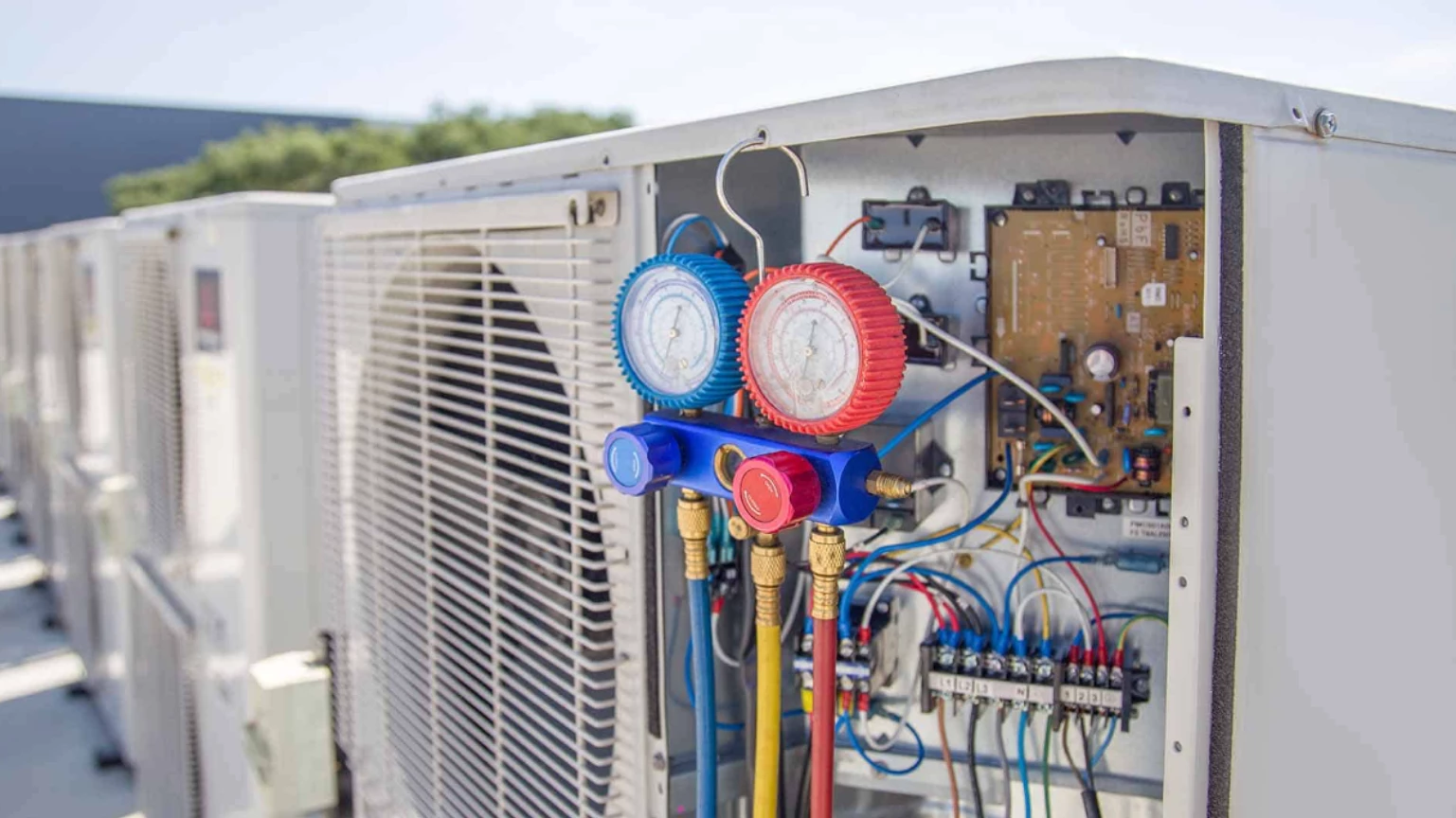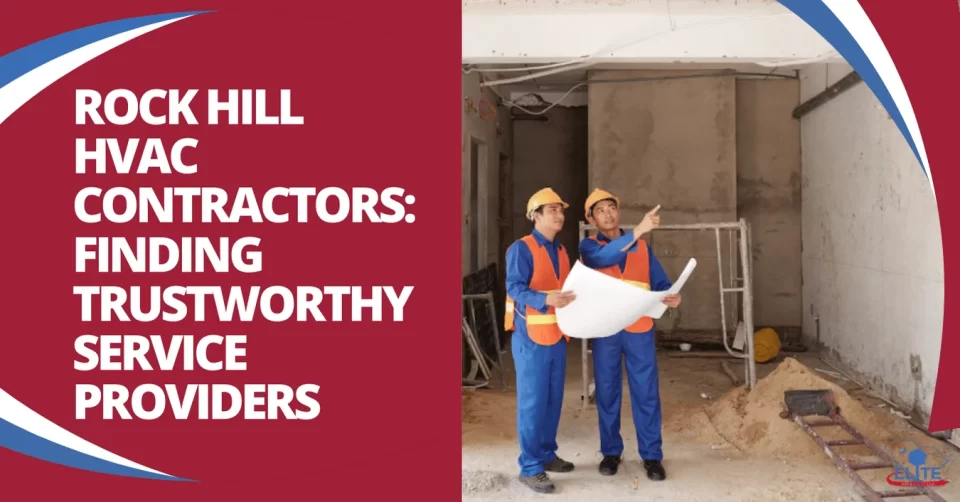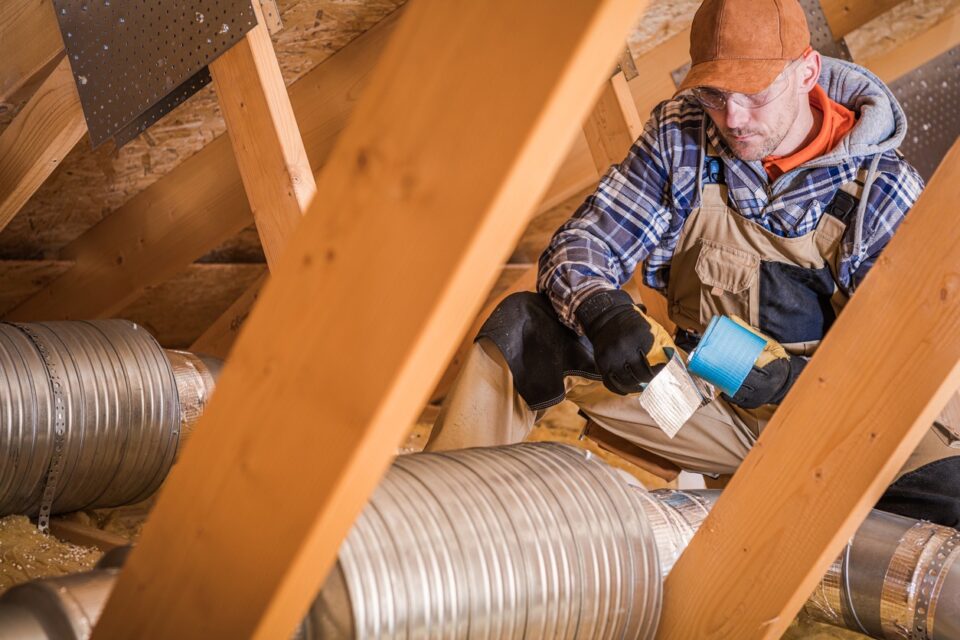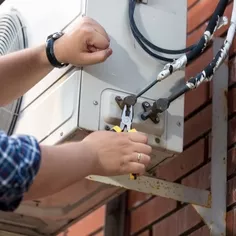Dealing with a broken HVAC system can be stressful, but understanding the repair process can make it a lot smoother. From the moment you notice something’s off with your heating or cooling, to the final checks after a repair, it’s a journey that’s best navigated with good information. Initially, a professional technician will evaluate your system to diagnose the problem. They’ll explain what’s wrong and propose solutions, including a detailed estimate of the costs.
Once you give the green light, they’ll carry out the repairs, often completing them in one visit. Finally, they’ll test your system to ensure everything is running efficiently and safely. Knowing what to expect at each step helps demystify the process and prepares you to make informed decisions about your home’s comfort.
How long does a typical HVAC repair take?
The duration of a typical HVAC repair can vary depending on the nature and complexity of the issue. However, most standard HVAC repairs take 1 to 3 hours to complete. Simple problems, such as replacing a thermostat or fixing minor electrical issues, can often be resolved in under an hour.
More complex repairs may take several hours, like fixing a refrigerant leak or replacing major components. The process may extend to a full day or longer for extensive repairs or issues requiring ordering special parts. Always consult your HVAC technician for a more accurate estimate based on your situation.
What are the most common HVAC problems that require repair?
The most common HVAC problems that require repair include:
- Dirty or Clogged Filters: Filters that are not regularly changed can become clogged with dust and debris, reducing airflow and system efficiency.
- Refrigerant Leaks: Low refrigerant levels can cause the system to lose cooling capacity, leading to higher energy consumption and potential damage to the compressor.
- Thermostat Issues: Malfunctioning thermostats can lead to incorrect temperature readings, causing the system to cycle too frequently.
- Electrical Problems: Faulty wiring, blown fuses, or tripped breakers can cause the HVAC system to shut down unexpectedly.
- Sensor Problems: Misaligned or faulty sensors can prevent the HVAC system from maintaining the desired temperature.
- Drainage Issues: Blocked or clogged drain lines can cause building water damage and humidity problems.
- Wear and Tear: Over time, components like belts, bearings, and motors can wear out, leading to decreased efficiency and potential system failure.
- Airflow Problems: Blocked or leaky ducts can reduce the efficiency of the HVAC system, causing uneven heating or cooling throughout the building.
- Pilot or Ignition Issues: Problems with the ignition or pilot can prevent the heating system from working properly, leading to inadequate heating.
- Compressor Problems: The compressor is a critical component, and issues like overheating, electrical failures, or mechanical problems can severely impact the system’s performance.
Addressing these common issues promptly with professional repair services can help maintain your HVAC system’s efficiency and reliability.
How much does it cost to repair an HVAC system?
The cost to repair an HVAC system can vary widely depending on several factors, including the type and extent of the problem, the specific parts required, and labor rates in your area. Here are some general cost estimates for common HVAC repairs:
- Thermostat Replacement: $100 to $300
- Circuit Breaker or Fuse Replacement: $50 to $200
- Refrigerant Leak Repair and Recharge: $200 to $1,500
- Air Filter Replacement: $20 to $50
- Blower Motor Repair or Replacement: $150 to $1,500
- Capacitor or Contactor Replacement: $100 to $400
- Drain Line Cleaning or Repair: $75 to $250
- Ductwork Repair: $200 to $700
- Ignition or Pilot Light Repair: $150 to $500
- Compressor Replacement: $1,200 to $2,800
These prices are general estimates and can fluctuate based on the specifics of your HVAC system and the complexity of the repair. Emergency repairs or service calls outside of regular business hours may incur additional costs. It’s always best to get a detailed estimate from a professional HVAC technician to understand the exact costs of your situation.
When should I consider replacing my HVAC system instead of repairing it?
It would help if you considered replacing your HVAC system instead of repairing it under the following circumstances:
- Age of the System: If your HVAC system is over 10-15 years old, replacing it may be more cost-effective. Older systems are less efficient and more prone to frequent breakdowns.
- Frequent Repairs: If you frequently call for repairs, the cumulative cost can quickly add up. A new system can provide more reliability and reduce ongoing maintenance costs.
- High Energy Bills: Older or inefficient systems can significantly increase energy bills. Upgrading to a modern, energy-efficient HVAC system can lower energy consumption and save money in the long run.
- Major Component Failures: If critical components such as the compressor or heat exchanger fail, the repair costs can be very high. Replacing the system may be a more economical choice.
- Inconsistent Comfort: If your system struggles to maintain consistent temperatures or humidity levels, it may indicate it no longer performs effectively.
- Poor Indoor Air Quality: If your HVAC system contributes to poor indoor air quality, with issues like excessive dust, mold, or allergens, a new system with advanced filtration and ventilation options can improve air quality.
- Outdated Technology: Newer HVAC systems have advanced features such as smart thermostats, variable-speed motors, and improved energy efficiency. Upgrading can provide better performance, convenience, and energy savings.
- Refrigerant Phase-Out: If your systemR-22 refrigerant (phasing out owing to environmental concerns), replacing the system rather than facing increasing costs and difficulties in obtaining R-22 can be more practical.
By evaluating these factors, you can make a more informed decision about repairing or replacing your HVAC system, ensuring long-term comfort and efficiency for your home or business.
Discover Our Comprehensive HVAC Repair Process Today!
Discover our comprehensive HVAC repair process today with Elite Air & Heat, LLC! From the moment you contact us, our skilled technicians thoroughly assess your HVAC system, diagnosing issues with precision. We offer transparent estimates and detailed explanations to ensure you understand every step. Once approved, we perform high-quality repairs using top-notch parts, minimizing disruption to your business. Our final inspection and system testing guarantee optimal performance. Plus, we provide maintenance tips to prevent future issues.
Trust Elite Air & Heat, LLC, for reliable, efficient HVAC repairs. Contact us now to ensure your system runs smoothly year-round!




